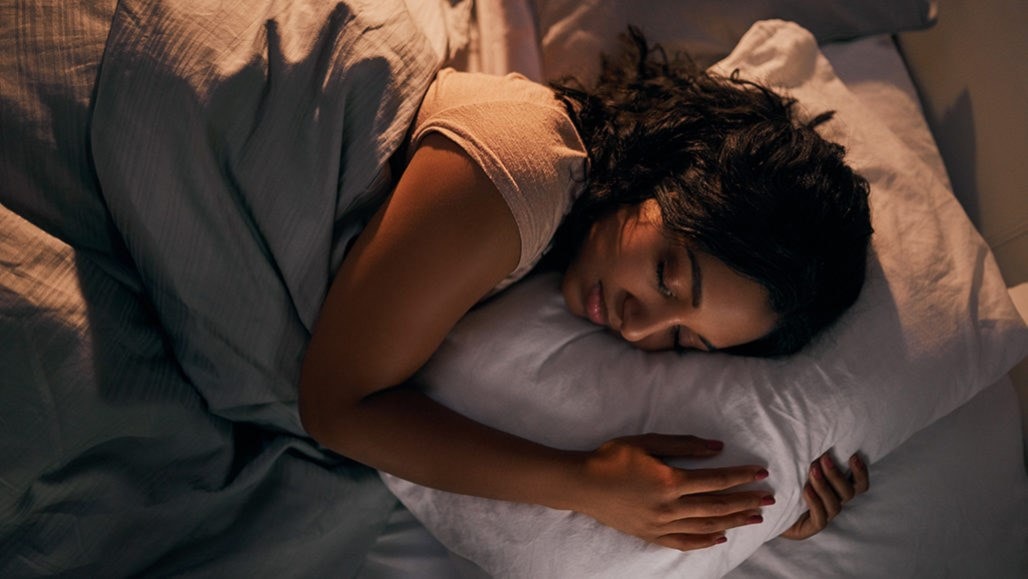
Seven (Sleeping) Habits of Highly Effective People
by Nick, Digital Specialist | August 16, 2021
Everyone knows that one person who always gets a great night's sleep. With apologies to Stephen Covey, here are seven habits of highly effective sleepers!
You can probably already tell the difference between getting a good night’s sleep and a not-so-good night’s sleep. When you get a good night’s sleep, you wake up feeling rested, rejuvenated, and ready for the day. When it’s a bad night’s sleep...not so much. You may feel groggy, and you may find that it affects your mood and your ability to think. Over the long term, poor sleep can lead to other health issues as well.
So how do you avoid all that? With apologies to Stephen Covey, here are seven sleeping habits of highly effective people:
1. Set a consistent sleep schedule. Do your best to go to bed at roughly the same time and wake up at the same time; that will set your body to be in the same “rhythm” every day. This includes the weekends- resist the temptation to sleep late!
2. Get some exercise. Not only will this help stave off some of those health issues we mentioned earlier, but getting some exercise will help make you tired, which results in a better night’s rest. However, make sure to finish your workout at least two hours before bed, otherwise it may keep you awake even longer.
3. Put your phone down. The blue light from your phone can have a negative effect on your eyes, but it can also reduce the amount of natural melatonin that your body produces, which normally helps you relax and fall asleep. If you’re looking to sleep better, shut off your phone, tablet, laptop, and even your TVs a couple hours before bed. For some, it may be best to keep them in another room to remove the temptation.
4. Use quality bedding. If you’re using the wrong mattress or pillow, it can have a negative impact on the quality of your sleep, leaving you feeling restless and groggy when you wake up. Old mattresses can be lumpy, and might not offer the same support and comfort that it did when it was new. The same goes for your sheets and blankets- different people have different needs but find a combination of good bedding that makes you feel the most comfortable.

5. Things to avoid close to bedtime:
a. Large meals- your body needs time to digest! However, a small snack before bed has been shown to be beneficial.
b. Caffeine- pretty obvious. Caffeine can stay in your body for as long as 6 to 8 hours.
c. Alcohol- it may put you to sleep, but won’t keep you asleep. It may also increase the symptoms of sleep apnea and snoring.
d. Nicotine- another stimulant that interferes with sleep.
6. Use your bedroom for sleep. Make sure your bedroom is the ideal temperature and doesn’t have any distractions. In addition, if you keep the bedroom just for sleeping, your body will associate it with rest and relaxation, as opposed to stress or activity.
7. Watch it with the naps. A little catnap here or there isn’t harmful, especially if you’re feeling particularly tired one day. This depends on the individual, but long naps can confuse your internal clock. You can imagine your energy like your health bar in a video game. Your energy goes down throughout the day, and sleep restores it. But if you’re sleeping for long periods of time in the middle of the day, you’ll have too much energy left to be able to sleep at night.

BROWSE BY TAG:
ALL CATEGORIES:
MOST POPULAR:
MOST RECENT:

